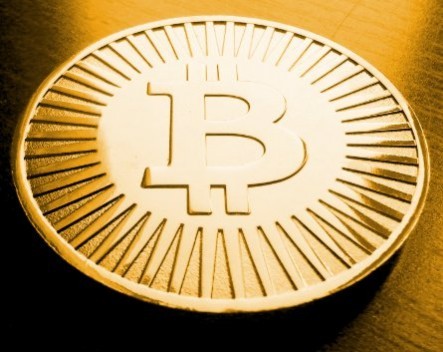
The Australian banking and financial sector need to take Bitcoin seriously if they don’t want to be left behind, according to Coinjar co-founder and chief executive officer Asher Tan.
“In Australia especially, we’ve seen traditional publishing get shaken up by technology, similar to retail, by the time everyone started talking about ecommerce it was too late,’’ he says.
“At some point the finance industry will feel that pushback.”
Tan, who will be speaking at the Inside Bitcoins Conference and Expo in Melbourne next month, says that means more than just developing new apps.
Coinjar is currently in the process of expanding its operations into Europe where he says banks and insurance companies have been quick to realise the potential of bitcoin or “Internet of Money” services and are investigating the technology can make payment services more efficient.
Earlier this year South Africa’s Standard Bank launched a pilot Bitcoin trading portal, while late last year Fidor Bank partnered with digital currency exchange Kraken to offer regulated bitcoin trading services to its European customers.
“Unfortunately I am not seeing this level of innovation in the Australian banking industry which is surprising given that we are a nation of early adopters,” he says.
“The real fear is if we don’t dip our toes in the water we may miss the boat.”
Recently Australian Bitcoin exchange Igot secured US entrepreneur Jesse Chenard as a major investor and company advisor, according to a report by The Australian.
Tan says institutional investors still aren’t supporting Bitcoin as much as they could and while “smaller players” and angel investors come and go, the next step is to see institutional investors take notice of the potential of bitcoin to reshape the financial services industry.
He says given the role finance plays in everyday life it would be foolish for investors and the industry to not be investigating the impact bitcoin can have.
Last week, for the first time in Bitcoin’s history, a single entity, GHash, contributed more than 51% of the bitcoin mining pool, on a number of occasions.
That’s a problem as Bitcoin’s security relies on its network remaining decentralised. When one entity controls 51% of the computing power, the network’s security relies entirely on the entity not abusing its power.
Tan echoed the opinion of Bitcoins Reserve founder Sam Lee, and others in the industry, were not too concerned, arguing that it was not in the interests of miners for a majority to have 51% power and as such would self-regulate to ensure it wouldn’t happen again.
Since GHash’s share of hashrate distribution has fallen to 32%.
Cornell researchers described the GHash situation as “Armageddon” and a suggested a possible fix, introducing a solution they call Two Phase Proof of Work to disincentivise large mining pools.


COMMENTS
SmartCompany is committed to hosting lively discussions. Help us keep the conversation useful, interesting and welcoming. We aim to publish comments quickly in the interest of promoting robust conversation, but we’re a small team and we deploy filters to protect against legal risk. Occasionally your comment may be held up while it is being reviewed, but we’re working as fast as we can to keep the conversation rolling.
The SmartCompany comment section is members-only content. Please subscribe to leave a comment.
The SmartCompany comment section is members-only content. Please login to leave a comment.